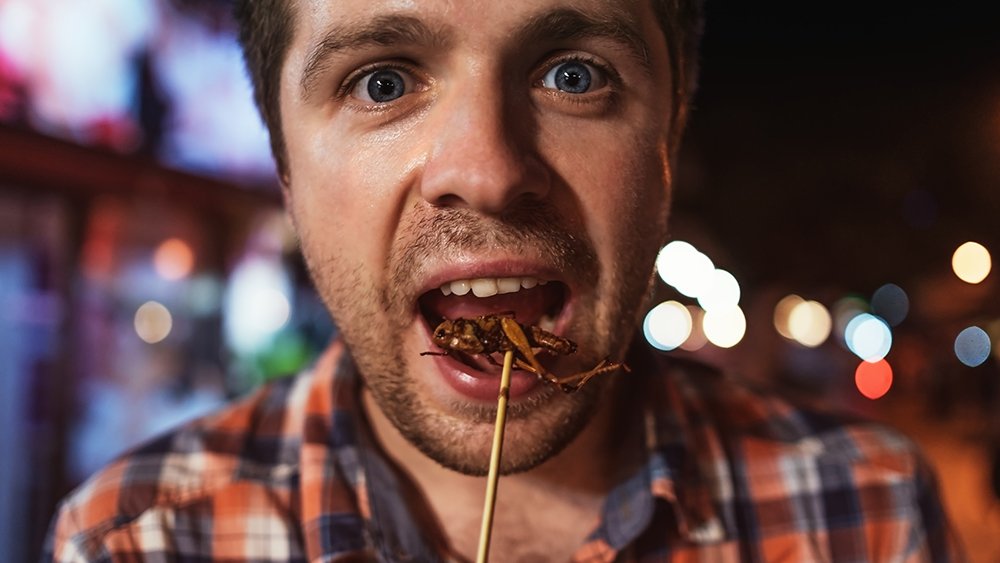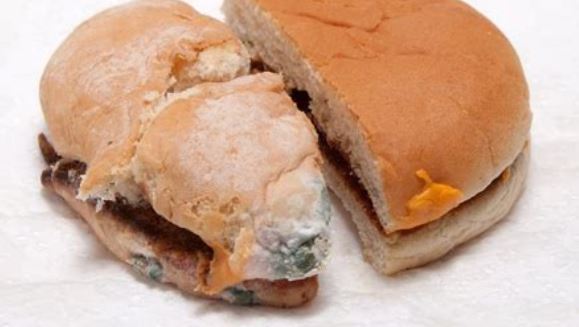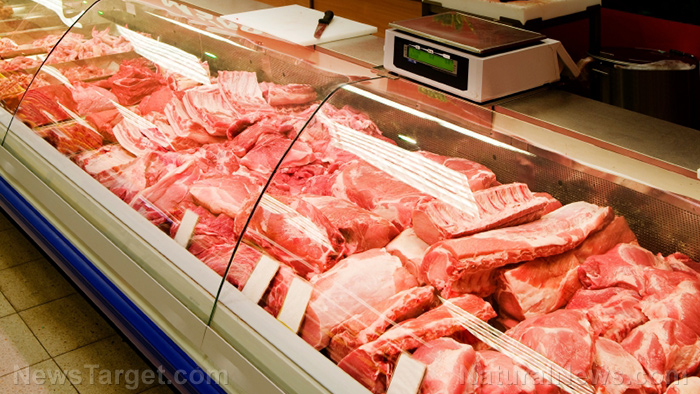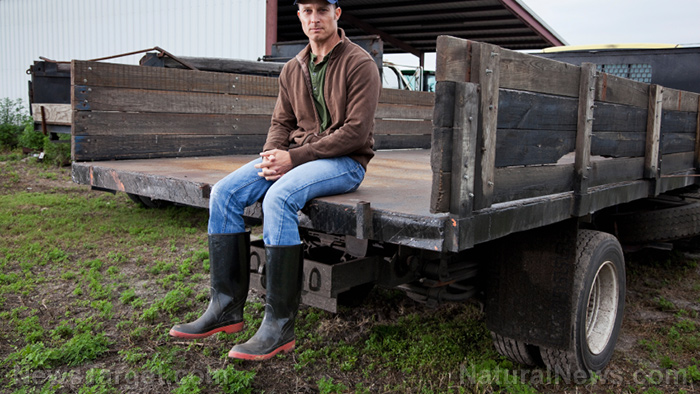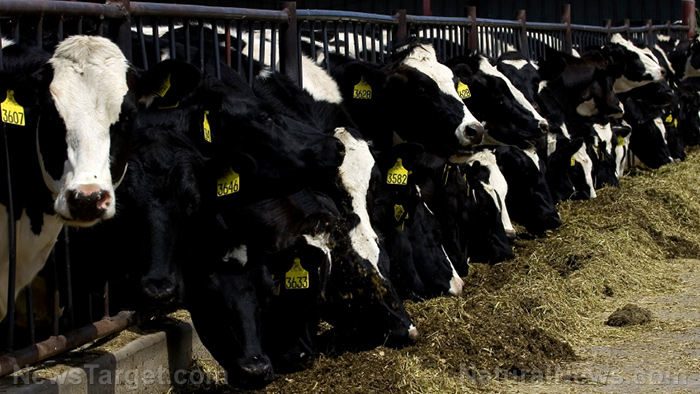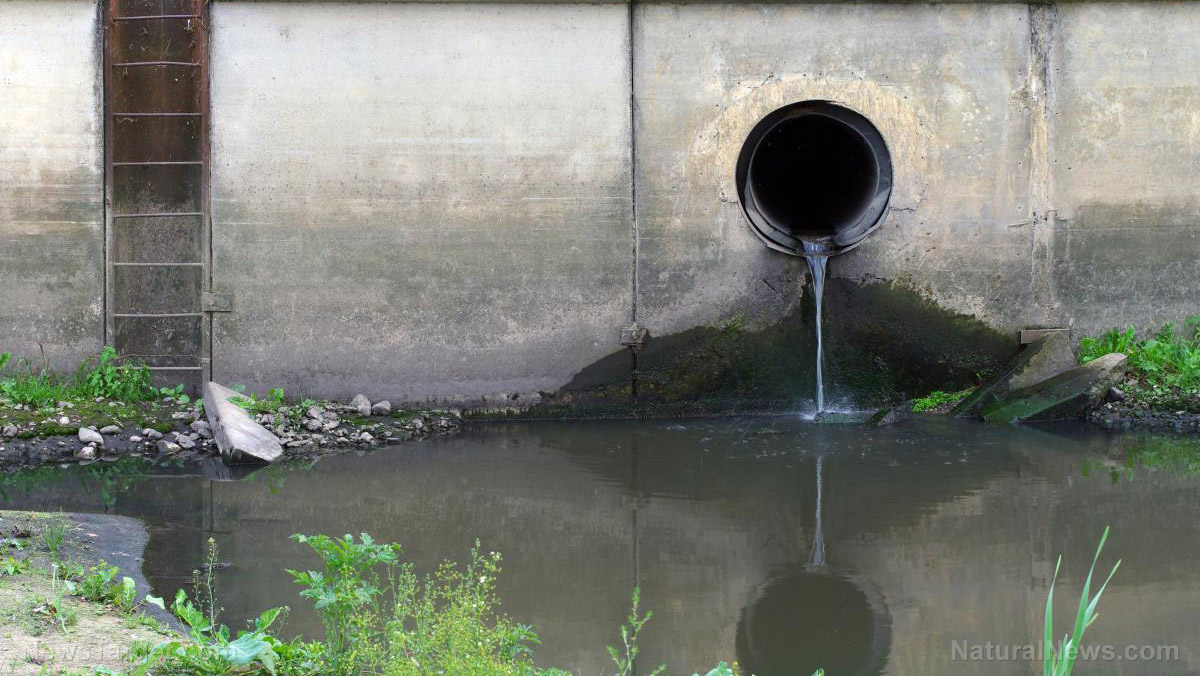
Craft beer continues to be one of America's wildest economic success stories in recent years, with an industry that employs some 135,000 people and satisfies the palates of millions of others. But are you aware that some craft beer products are being made with "recycled" wastewater and ingredients contaminated with toxic "biosludge?"
You might find it hard to believe (or perhaps it'll come as no surprise at all), but the federal government has actually given its approval for wastewater treatment plants to sell treated sewage waste to biosludge companies, which then resell it to farmers, who then douse it all over their food crops – which include things like barley, hops, and other grains that are used to make beer products for consumers.
As revealed in the Brighteon Films documentary Biosludged, it's a practice that's become all-too-common in American agriculture, despite the fact that few people know it's even taking place. Watch below at Brighteon.com the official trailer for this eye-opening feature film, which contains a treasure trove of truth about the dirty secrets of the modern food supply:
Biosludge is a toxic threat to the entire planet
As you'll see in the above teaser clip, biosludge is one of the biggest threats to the safety of you and your family that you probably didn't even know existed. And not only is biosludge a public health threat, but according to Mike Adams, the Health Ranger, it also threatens the entire world and everything else that lives and exists within it.
"Our ecosystem is in the crosshairs of this biosludge industry," warns Adams, one of the creators of Biosludged.
As heavy metals, pesticides, pharmaceuticals and other toxins seep into our soils due to biosludge, everything that grows, as well as everything that lives off of everything that grows, is threatened with disease and death – and possibly even extinction, depending on creature.
San Diego's Stone Brewing proudly uses biosludge water to craft one of its brews
While biosludge isn't necessarily being directly added to the food supply in most cases, Stone Brewing in San Diego is among a growing number of companies that are starting to embrace the concept. As we earlier reported, Stone Brewing introduced a "Full Circle" pale ale that uses recycled biosludge wastewater as its base ingredients.
"This particular water will just help us not require so much natural water to come in and give us a more reliable source," stated Pat Tierman, Stone's chief operating officer, about the company's decision to integrate 100 percent recycled wastewater into its brewing process. "So for us to be able to reuse, that's part of our mantra, that's part of what we do," he added.
Like crop biosludge, wastewater biosludge could contain any number of contaminants that aren't filtered out using traditional wastewater treatment methods. This means that, with every pint, beer drinkers who enjoy Full Circle are more than likely swigging down a whole lot more than just beer.
This is the reason why Brighteon Films decided to pursue creating Biosludged in the first place: To warn the public about what's hiding in their favorite foods and beverages as a result of biosludge and all of the "greenwashing" that surrounds it.
It's a fact that biosludge is hardly the "fertilizer" that its advocates often claim it is, but rather a nuisance waste product with "no obvious advantages," according to one study. And because, as this same paper explains, there are "few recycling methods" for getting rid of it, money-hungry corporations see a huge opportunity to rebrand it as "crop nutrients."
Be sure to check out the premiere of Biosludged at BrighteonFilms.com.
For more news like this, be sure to also check out Biosludge.news.
Sources for this article include:
Please contact us for more information.















